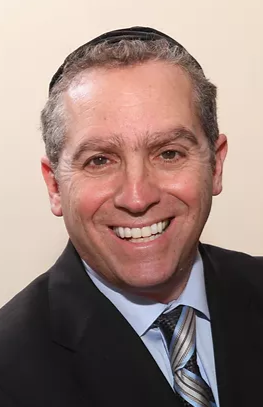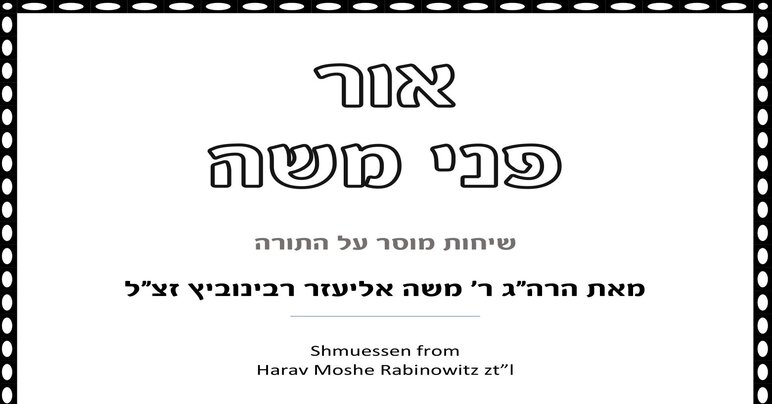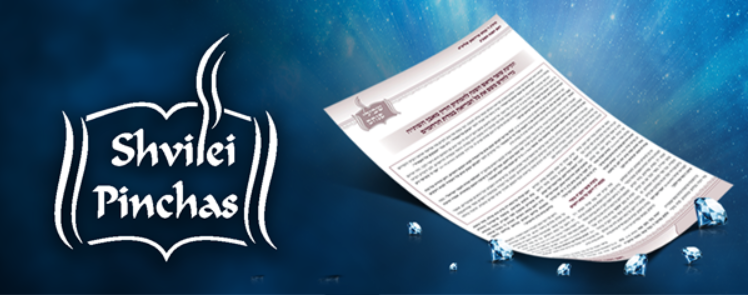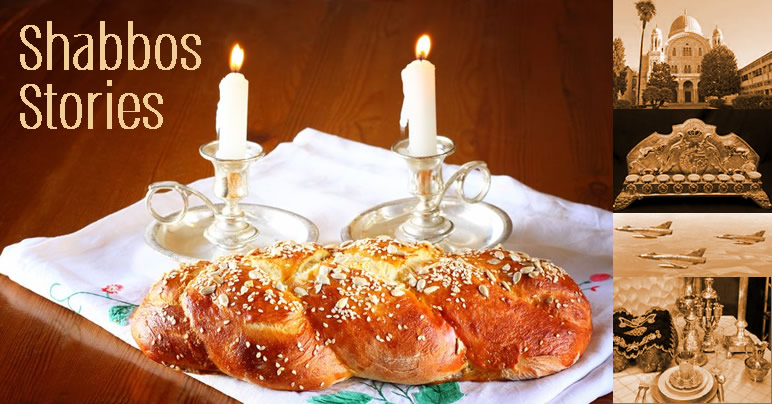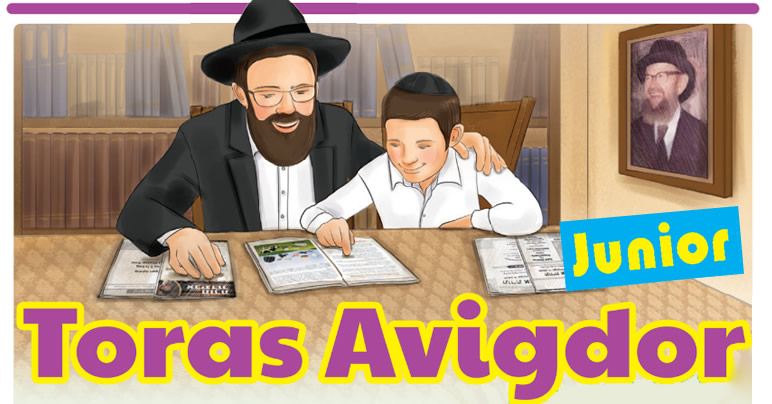Why We Celebrate Passover
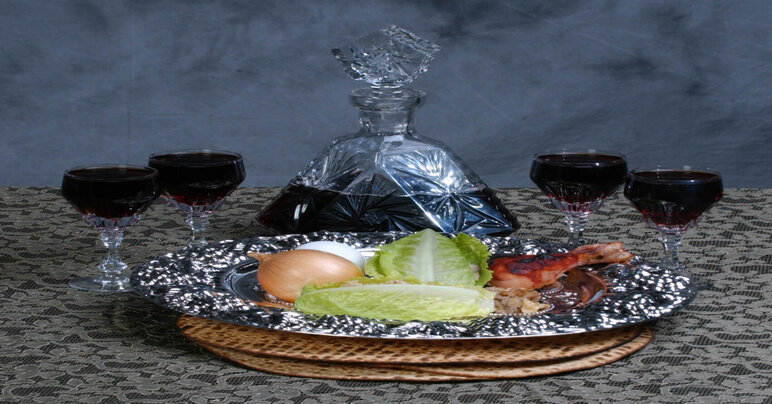
Friday night begins our holiday of Pesah, which must not become routine, because we are celebrating our redemption from slavery. We celebrate becoming a free nation on Pesah and when we began serving Hashem as we received the Torah at Har Sinai.
The first mention of this obligation is in Parashat Shemot (12:23): "And it shall be when your children say to you, what is this service to you? You shall say, it is a Pesah feast offering to Hashem, Who passed over the homes of the children of Israel when He killed the first born of the Egyptians, but saved our households." This is repeated in the next Perek (13:14): "And it shall be when your son will ask you at some future time, what is this? You shall say to him, With a strong hand Hashem removed us from Egypt, from the house of bondage."
We celebrate the holiday of Pesah by having a Seder to thank Hashem from saving us, and predominantly to relate the story to our children. The Zohar says that those who recite the words of the Hagadah with joy, will merit to participate with the Shekinah in Olam Habah! Hashem gathers the angels and tells them, "Go and listen to My children relating My praises and see how joyful they are over the fact that I delivered them from slavery."
The Torah brings up the four progressive stages of our redemption from Pharoah and Egypt that correspond to the four cups of wine that we are obligated to drink on the Sedar nights. These four expressions from the Torah as explained by Rav Bahya are:
1) "Vehotzeti"- "I shall take you out," Hashem will remove the Jewish people from the burdens of Slavery even before they were allowed to leave.
2) "Vehitzalti"-I shall rescue you. Hashem will take the Jewish people out of Egypt.
3) "Vegaalti"- "I shall redeem you" which alludes to the splitting of the Red Sea, when Hashem's outstretched arm literally saved B'nei Yisrael while crushing Egypts army in front of a demoralized Pharoah.
4) "Velakahti"- "I shall take you". Hashem took the Jews as His people when He gave them the Torah at Har Sinai. That was the ultimate climax to our redemption and the purpose of the Exodus!
At the time of the eighth plague of locusts, Pharoah only gave permission to the parents to leave, thereby creating a division between father and son. Pharaoh tried to disconnect the generations so that the sons would not carry on their fathers’ beliefs and traditions. Once that connection was severed, it would be quite simple to assimilate the sons, causing the Jewish Nation to become extinct.
We read in the Hagadah: Ve’Hee She’amdah la-votenu velanu! "He (Hashem) stood firm for our fathers and for us." Ve Hee She’amda continues: "In every generation from that time on there were those who would try and annihilate us, but the Holy one, Blessed be He, saved us from their hand!" So for all that Hashem has done for us and continues to do for us, we have these two special nights from the whole year to show our gratitude (Hakarat Hatov)! How can we not take advantage of this opportunity to thank Hashem for all that He has given us?
During the rest of the year we can eat hametz which is flour and water thats left alone to rise. This, as opposed to Matzah that we eat on Pesah that's also flower and water but must be watched and hands on, which exemplifies how Hashem is "Hands on" guiding us every moment of our lives!
A question that we must ask ourselves is..."Do we really feel the redemption that our ancestors experienced so many years ago, living as we do in the lap of luxury with every imaginable convenience?"
Rabbi Diamond suggests that in order to recapture the feeling, we must think back to when we were young, and consider how Hashem carried us along every step of the way. We have to be thankful for everything we went through in our lives and feel confident that Hashem will continue to guide us for the rest of our lives.
The Hagadah presents Four Sons who represent four different types of Jews. The four sons are Hacham (wise), Rasha (wicked), Tam (simple) and “V’she-eno' Yodea' Lish-al” (and he who does not know how to ask). The first letter of each one, put together, spells Herut, or freedom, which is the central theme of the holiday and another name for Pesah: Hag Herut. The four sons remind us that we have an obligation to teach our children each in their own way and at their appropriate level.
There's a famous story that took place in Jaffa Israel about a very famous Arab Bakery called the Abulafia Bakery. This bakery is world renown for its Za' atar bread and all the best Arab delicacies. Every year on Passover they have lines out the door for that week because unfortunately all the non-religious Jews buy their bread there, since of course all the kosher bakery's are closed during Pesah.
One year the Rabbi in Jaffa couldn't take it anymore and asked the grandfather and owner of the bakery to close that week. The Rabbi offered to raise the money that he makes on that week and give it to him so that he would close on Pesah. This way it would stop Jews in Jaffa from transgressing the sin of buying bread on Pesah.
The grandfather Saiid Abulafia said "Do you know how much money I make on that one week alone? I make enough on that one week to buy an apartment in Jaffa! I would never close on that week". So the Rabbi said, "What if I were to raise that amount of money and give it to you, would you close then?" he said "Yes, I would close if you did that". So that's what happened, the Abulafia Bakery closed on Pesah and the following year the Rabbi went to him again and said we have the same deal again and he said, "Yes".
This continued for three years and on the fourth year, Abulafia told the Rabbi that he doesn't have to pay him the money and he will close his bakery on Pesah anyway! He said, since he's been closing the last few years on Pesah, he was making so much more now over the course of the year for not opening during Pesach (that was causing Jews to sin) it was overshadowing what he would get from opening that one week of Pesah. From this story, we can even learn how a non-Jew can benefit from respecting our Holiday by closing and helping to protect Jews from eating bread on Pesah!
May we all keep the flame of our enthusiasm for the Sedar nights burning as strong as the Fire offering did in the Bet Hamikdash. May we use the opportunity of the Sedar nights to convey the story of the redemption of our nation and the story of our own personal redemption to our children and grandchildren, so that they may grow up and continue to convey it to their children, in order to link the generations until the coming of the Mashiah in our days! Amen!
Parasha perspective By Jack E. Rahmey from the teachings and guidance of Rabbi Amram Sananes.


